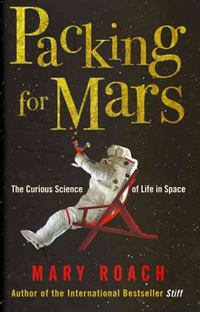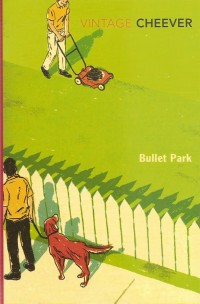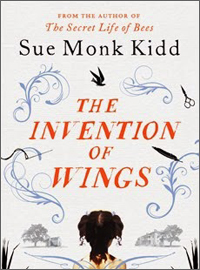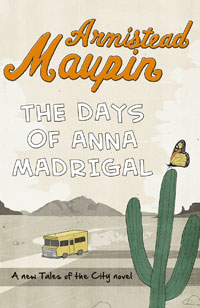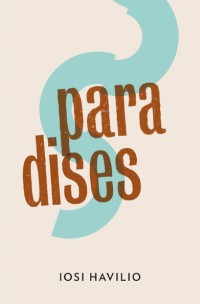Such innocent words to drop like hot cinders

The Ship Who Sang
by Anne McCaffrey
As with most of my SF reading, this was a recommendation from Tim and it was one of his most successful recommendations, by which I mean I loved it and was happy to learn that it was the first book in a series.
This really felt like it had an original but somehow classic set-up. In a future with commonplace space travel and human settlements on other planets, science has found a fascinating way to help children born with certain birth defects. Those who are born with a body that is useless but a brain that is high-functioning are trained to become encapsulated brains, plugged into one of the Federation of Planets’ specially designed shells, such as a space ship, fully controlling it in every way. Each “brain ship” is partnered with a “brawn” – an able-bodied pilot whose job is not really to fly to ship (though they can, if needed) but to keep the brain company and be their “mobile half” as they run jobs for the Federation across the known universe.
“Shell-people were schooled to examine every aspect of a problem or situation before making a prognosis…Therefore to Helva, the problem that she couldn’t open her mouth to sing, among other restrictions, did not bother her. She would work out a method, by-passing her limitations, whereby she could sing.”
This book had me hooked from page one, and the way it did that is that we learn all of the above by following the brain ship Helva from her birth, through her schooling and transfer to ship 834 and on into her adulthood as a working brain ship. This is essentially an adventure story, one with plenty of heart and a great character at its centre. Helva is, in her own words, “all woman”, despite her useless body, and she has a wry sense of humour that often wrong-foots her passengers, especially those who think the voice speaking to them is that of a mere ship’s computer!
“He directed his bow toward the central pillar where Helva was. Her own personal preference crystallised at that precise moment and for that particular reason: Jennan, alone of the men, had addressed his remarks directly at her physical presence, regardless of the fact that he knew she could pick up his image wherever he was in the ship and regardless of the fact that her body was behind massive metal walls.”
I like that McCaffrey didn’t present the brain ships as ubiquitous and universally accepted. There are many characters who have qualms about this form of genetic engineering, whether that be for ethical reasons or just their own uneasiness about the end result. There are some thorny issues around their service to the Federation, as they do earn money, but this is deducted against their debt resulting from their training and brain ships can take centuries to pay off and earn the freedom to work for other employers.
“Theoda was talking nervously, her eyes restlessly searching over the supplies in the galley cupboards…’Do you enjoy your work? It must be a tremendous satisfaction.’
Such innocent words to drop like hot cinders on Helva…Rapidly Helva began to talk, anything to keep herself from being subjected to another such unpredictably rasping civility.”
The novel is very much episodic, which makes sense as five of the six chapters were originally published as short stories, but there’s still a through storyline that makes it work as a novel. In fact I’m curious how much was changed from those original stories, because if anything it flows too well as a novel for those stories to have properly stood alone. Perhaps I’ll have to hunt them out and see!
I loved Helva and was completely emotionally involved in her story. I really liked McCaffrey’s style of writing and fully intend to search out more of it.
First published 1969 by Rapp & Whiting. (Selected sections previously published 1961–1969 in various publications.)
Source: Borrowed from Tim.

